Empress Dowager Cixi was humiliated by a notorious robber, and angrily gave her the most cruel punishment in history
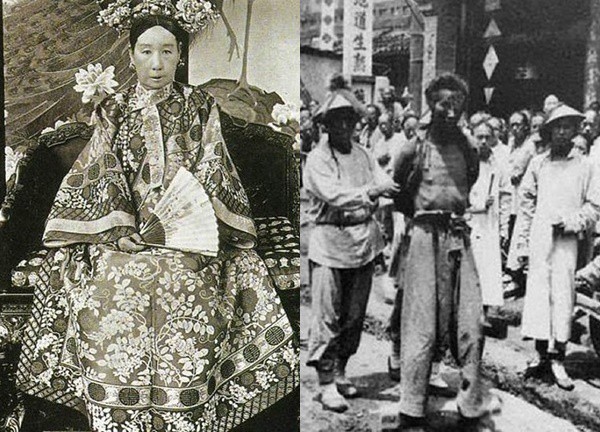
5 | 0 Discuss | Share
Before the 19th century, the Qing Chinese Empire was the hegemonic power in Asia. By the 19th century, however, the Qing Dynasty was weakening and prosperity was declining. It comes from many causes...
A conventional view of China in the 19th century holds that this was a period when Qing control weakened and prosperity declined. Indeed, China has endured many social conflicts, economic stagnation and population explosion that pose major problems for food distribution.
Historians have offered many explanations for these events, but the basic idea that Qing power, after a century, faced internal problems and external pressures that made China's model of government, bureaucracy, and economic system unresolvable.
The Taiping Rebellion in the mid-19th century was the first example of anti-Manchu sentiment threatening the stability of the Qing Dynasty, a phenomenon that intensified in later years. However, the terrible number of casualties of this uprising - up to 30 million people - and the severe destruction of large swathes of land in the south of the country remain obscured by another conflict. Although not as bloody, the influence of the outside world through its ideas and techniques had a huge influence and ultimately had a revolutionary impact on an increasingly weakened and wavering Qing dynasty.
One of China's major nineteenth-century problems was how it dealt with other foreign countries. Before the nineteenth century, the Chinese Empire was the dominant Asian hegemonic power. According to their imperial doctrine, the Chinese emperor had the right to rule over the entire "world". Depending on the period and each dynasty, they either ruled the surrounding territories directly or forced those countries to pay tribute to themselves.
Historians often point to the basic concept of the Chinese empire, the "empire without borders," when referring to this situation. However, during the eighteenth century, European empires gradually expanded throughout the world, as European countries developed powerful economies based on maritime trade. On the other hand, the Chinese empire fell into captivity after centuries of leading the world.
By the end of the 18th century, European colonies had been established near India and on the islands that are now parts of Indonesia, while the Russian Empire annexed parts of northern China. During the Napoleonic Wars, Britain wanted to form an alliance with China, sending fleets of ships to Hong Kong carrying gifts to the emperor, many of which were made with the latest European techniques and art styles of the time. When the British delegation received a letter from Beijing explaining that China was not impressed by European achievements and that the Chinese court was willing to accept the respect of King George III of England, the British government was outraged and abandoned all plans to establish relations with the Qing.
When the Napoleonic Wars ended in 1815, world trade grew rapidly, and because China's large population was an infinite market for European goods, trade between China and European merchants developed during the early years of the nineteenth century. As trade grew, hostilities also increased between European governments and the Qing Dynasty.
In 1793, the Qing Dynasty officially declared that China did not need European goods. As a result, Chinese merchants only accepted silver as barter for their goods. Europe's huge demand for Chinese goods such as silk, tea, and porcelain could only be met when European companies poured all the silver they had into China. By the late 1830s, the British and French governments were very concerned about their precious metals stockpiles and sought to come up with a new method of exchange with China – and the best way was to poison China with opium. When the Qing Dynasty sought to ban the opium trade in 1838, Britain declared war on China.
The First Opium War showed the backwardness of the Chinese military. Despite their overwhelming numbers compared to the British, their technology and tactics were not comparable to those of the technological powers of the time. The Qing Navy, composed entirely of wooden ships, was no match for the Royal Navy's steamed armoured warships. British soldiers using rifled guns and superior artillery easily destroyed Qing forces on the battlefield.
The surrender of the Qing Dynasty in 1842 marked a decisive and humiliating calamity for China. The Treaty of Nanking, which forced them to pay reparations of 21 million taels of silver and cede Hong Kong Island to Britain. It also showed the unstable state of the Qing government and caused many anti-regime uprisings to take place.
The Western powers, not satisfied with the Treaty of Nanjing, were only reluctant to assist the Qing in crushing the Taiping Rebellion and the Chanjun Revolt. China's incomes declined markedly during the war as vast tracts of arable land were destroyed, millions killed and large numbers of soldiers and armed them to fight.
In 1854, Britain sought to renegotiate the Treaty of Nanking, adding provisions allowing British merchants to navigate Chinese rivers and establishing their permanent embassy in Beijing. This last clause offended the Qing government and they refused to sign it, triggering another war between the two sides. The Second Opium War ended with another crushing defeat by China, prompting the Qing Dynasty to sign the Treaty of Tianjin with the British Empire.
Revealing the Vietnamese military general who turned a remote rural area into a bustling commercial port 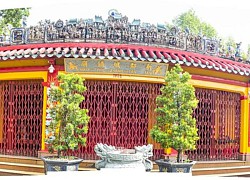 Pinky16:59:47 25/12/2023In our country's history, there is a recorded story of a martial general who openly reclaimed a remote rural area and turned it into a bustling trading port, bustling with buyers and sellers, famous in the 18th century.
Pinky16:59:47 25/12/2023In our country's history, there is a recorded story of a martial general who openly reclaimed a remote rural area and turned it into a bustling trading port, bustling with buyers and sellers, famous in the 18th century.

5 | 0 Discuss | Share
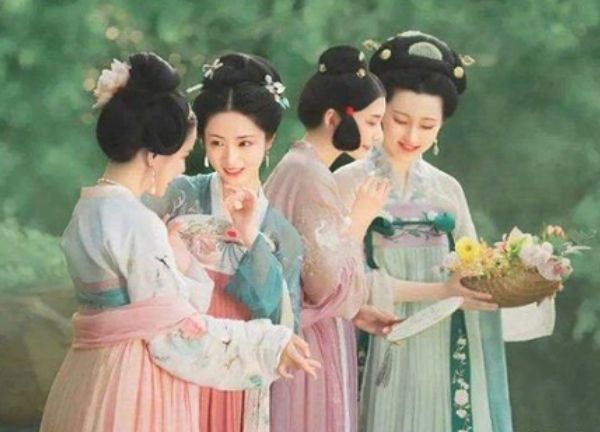
2 | 1 Discuss | Share
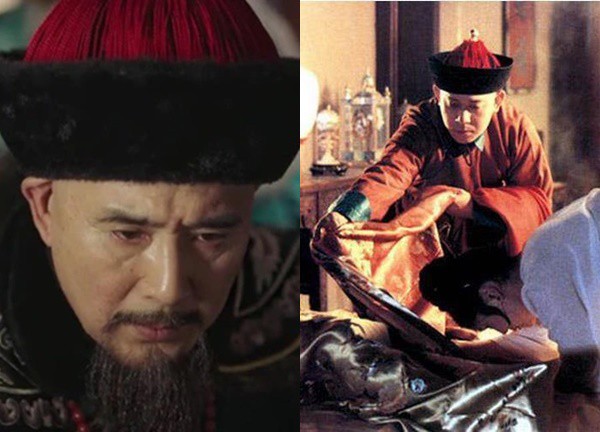
1 | 1 Discuss | Share
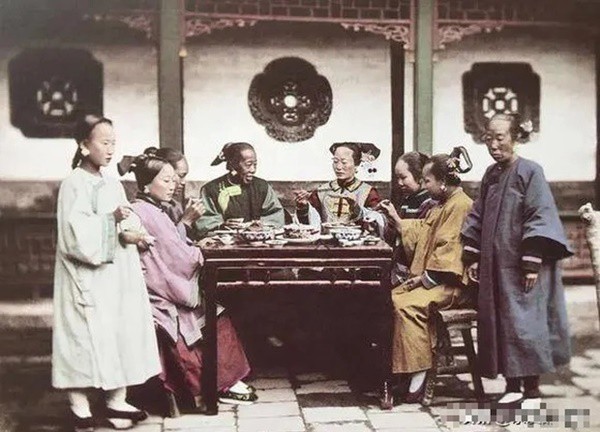
2 | 1 Discuss | Share
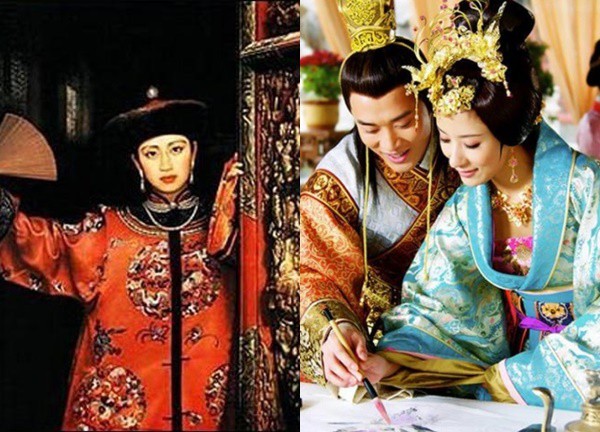
2 | 1 Discuss | Share
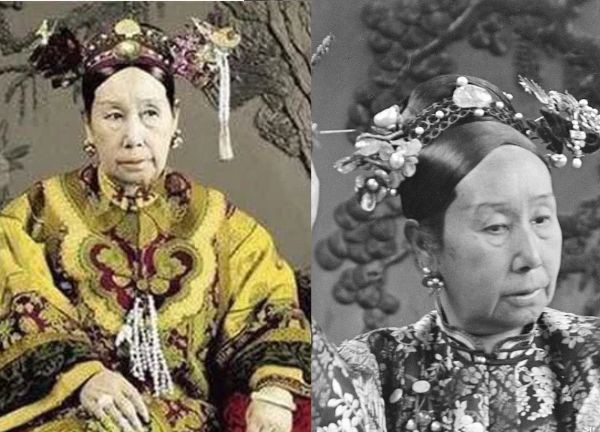
3 | 1 Discuss | Share
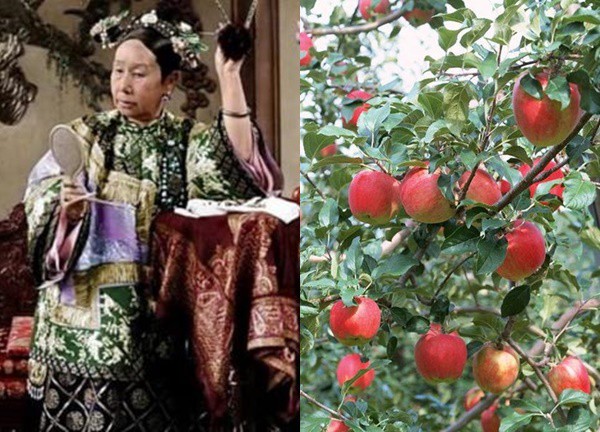
5 | 1 Discuss | Share
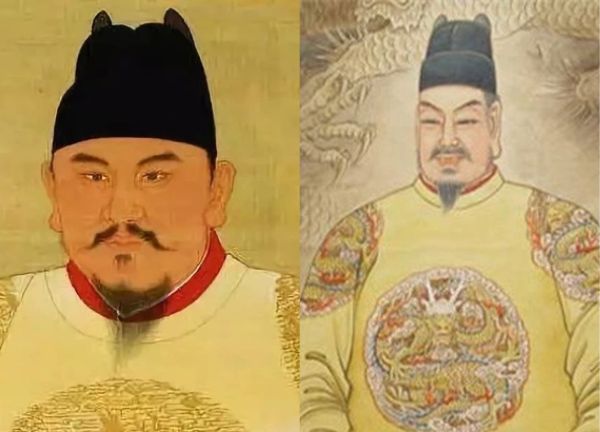
2 | 1 Discuss | Share
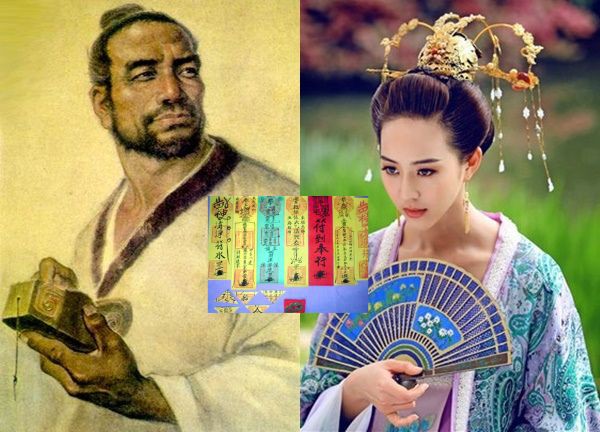
2 | 1 Discuss | Share
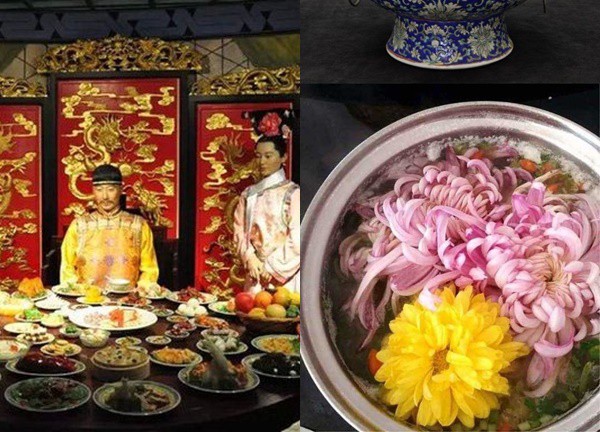
3 | 0 Discuss | Share
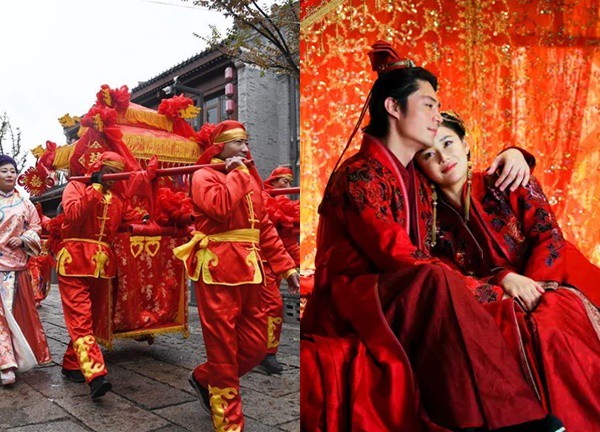
3 | 0 Discuss | Share
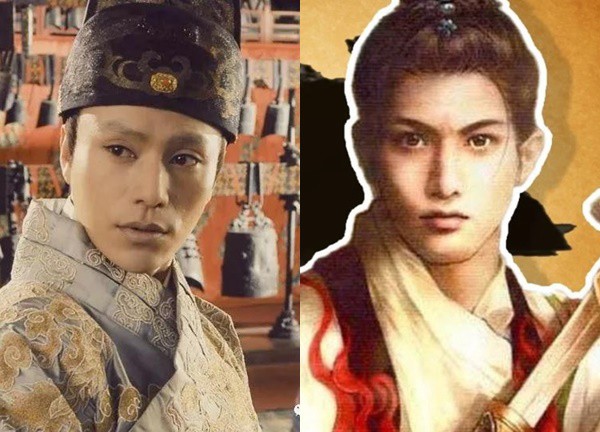
4 | 0 Discuss | Share


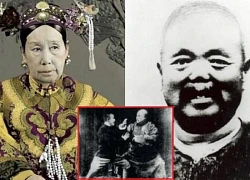
3 | 1 Discuss | Report